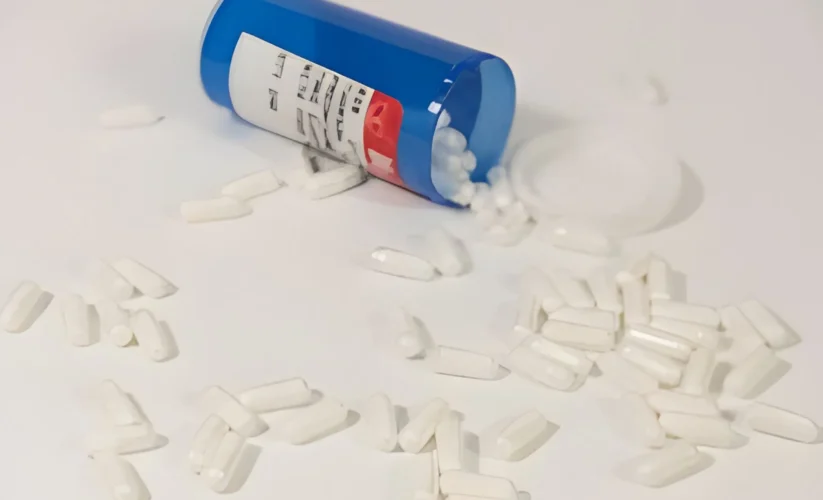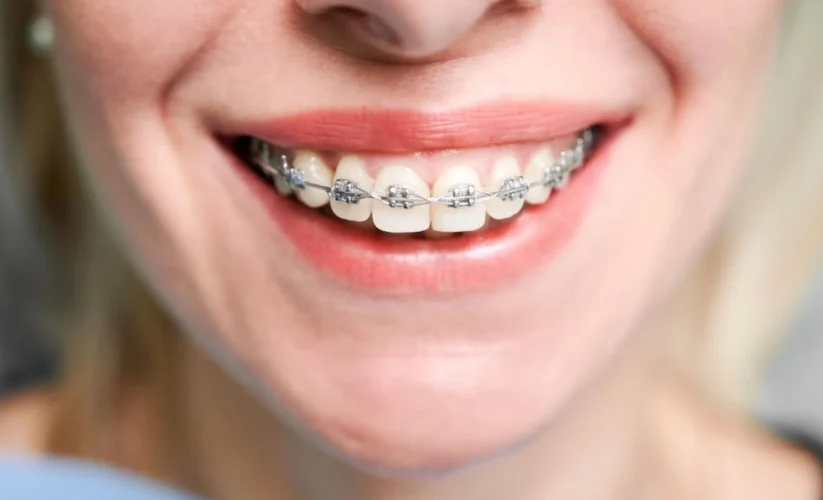
Top factors: What To Avoid When Taking Low Dose Naltrexone
When it comes to taking low dose naltrexone (LDN), you should be aware of what to avoid when taking low dose naltrexone to ensure you are getting the most out of your treatment. While LDN can be a beneficial medication for various conditions, there are some key points to keep in mind in order to avoid potential pitfalls this is why it’s important to keep in mind What To Avoid When Taking Low Dose Naltrexone. In this article, we will discuss what to avoid when taking low dose naltrexone to help you navigate your treatment plan with caution and awareness.
Skipping Doses
If you are wondering What To Avoid When Taking Low Dose Naltrexone then One of the most important things to avoid when taking LDN is skipping doses. Consistency is key when it comes to this medication, as missing doses can disrupt the effectiveness of the treatment. Make sure to set a routine of What To Avoid When Taking Low Dose Naltrexone and stick to it to ensure you are getting the full benefits of low dose naltrexone.
Alcohol Consumption
If you wondering What To Avoid When Taking Low Dose Naltrexone then It is crucial to avoid consuming alcohol while taking low dose naltrexone. Alcohol can interact negatively with the medication and reduce its effectiveness. Additionally, alcohol can exacerbate certain side effects of LDN, such as dizziness or nausea. It is best to avoid alcohol altogether while on this treatment.
Opioid Use
Additionally another point of What To Avoid When Taking Low Dose Naltrexone is opioid use. If you are taking low dose naltrexone, it is important to avoid the use of opioids. Naltrexone works by blocking the effects of opioids in the brain, so using them simultaneously can diminish the effectiveness of the medication. Be sure to discuss what to avoid when taking low dose naltrexone with your healthcare provider before starting LDN.
Certain Medications
One of the common factor of What To Avoid When Taking Low Dose Naltrexone is There are certain medications that can interact negatively with low dose naltrexone. It is essential to inform your healthcare provider of all medications, supplements, and vitamins you are taking before starting LDN. They can help you determine if any of your current medications may interfere with the effectiveness of naltrexone and what to avoid when taking low dose naltrexone keeping your medical history in mind.
Not Monitoring Symptoms
Another important factor of What To Avoid When Taking Low Dose Naltrexone is When taking low dose naltrexone, it is important to monitor your symptoms and progress regularly. This will help you and your healthcare provider determine what to avoid when taking low dose naltrexone and if the medication is working effectively for your condition. If you notice any changes or worsening of symptoms, be sure to notify your doctor promptly.
In conclusion,
People often wonders What To Avoid When Taking Low Dose Naltrexone as avoiding certain things when taking low dose naltrexone is crucial to ensure you are receiving the full benefits of the medication. By following these guidelines of What To Avoid When Taking Low Dose Naltrexone and being mindful of potential interactions and side effects, you can maximize the effectiveness of LDN in your treatment plan. Always consult with your healthcare provider if you have any questions or concerns about what to avoid when taking low dose naltrexone guidelines. Avoid these common pitfalls when taking low dose naltrexone to ensure maximum effectiveness. Stay consistent and mindful of potential interactions for optimal results.
FAQ’s
Side effects of low dose naltrexone
Low dose naltrexone (LDN) is a medication that is often used off-label to treat various conditions, but like any medication, it can have side effects. Some reported side effects of low dose naltrexone include insomnia, vivid dreams, and headaches. Additionally, some users have reported gastrointestinal issues such as nausea or diarrhea. It is important to note that these side effects are not experienced by everyone and may vary in severity. It is advisable to consult with a healthcare provider before starting any new medication, including low dose naltrexone, to discuss potential side effects and determine if it is the right treatment option for you.
long-term side effects of low dose naltrexone
Long-term side effects of low-dose naltrexone (LDN) are generally rare and mild. Some reported side effects may include vivid dreams, headaches, or insomnia, which usually subside with continued use. There is limited research on the potential long-term effects of LDN due to its recent use in treating various conditions. However, it is important to consult with a healthcare provider before starting LDN to discuss any potential risks and benefits. Monitoring for any unusual symptoms or changes while on LDN is recommended to ensure its safety and efficacy in managing chronic conditions. It is crucial to weigh the benefits of LDN against the potential risks when considering long-term use.
Low dose naltrexone weight loss
Low dose naltrexone (LDN) is gaining attention for its potential role in weight loss. LDN primarily works by blocking opioid receptors, which can lead to reduced food cravings and increased metabolism. Some studies suggest that LDN may help regulate appetite and promote weight loss by balancing hormones and neurotransmitters involved in the body’s metabolism. While more research is needed to fully understand the effects of LDN on weight loss, some individuals have reported positive outcomes when used in conjunction with a healthy diet and regular exercise routine. As with any medication, it’s important to consult with a healthcare provider before starting LDN for weight loss to ensure it is safe and appropriate for your individual needs.
Why take low dose naltrexone at night
Taking low dose naltrexone at night can be beneficial for several reasons. Firstly, it can help minimize potential side effects such as nausea or dizziness, as these may be less noticeable while sleeping. Additionally, the timing can maximize the drug’s effectiveness by aligning with the body’s natural rhythm of endorphin production, which peaks during the early hours of the morning. By taking it before bedtime, the medication can work synergistically with the body’s own processes to enhance its therapeutic effects. Moreover, taking low dose naltrexone at night may also help improve sleep quality for some individuals, as it can promote relaxation and reduce pain levels, allowing for a more restful night’s sleep.
what to avoid when taking low dose naltrexone guidelines
When taking low dose naltrexone (LDN), it is important to be aware of certain factors of what to avoid when taking low dose naltrexone guidelines to maximize the effectiveness and safety of the treatment. Avoid consuming alcohol while on LDN as it can interfere with the medication’s effectiveness and may lead to adverse effects. It is also recommended to avoid opioid drugs or medications containing opioids while on LDN, as they can counteract the effects of naltrexone.
Additionally, be cautious when taking any over-the-counter or prescription medications that may interact with LDN, and always consult with your healthcare provider before starting any new medication while on LDN. Lastly, avoid sudden discontinuation of LDN without consulting your doctor, as this can lead to withdrawal symptoms and may impact your health. Adhering to these guidelines of what to avoid when taking low dose naltrexone guidelines can help you experience the full benefits of low dose naltrexone therapy.





